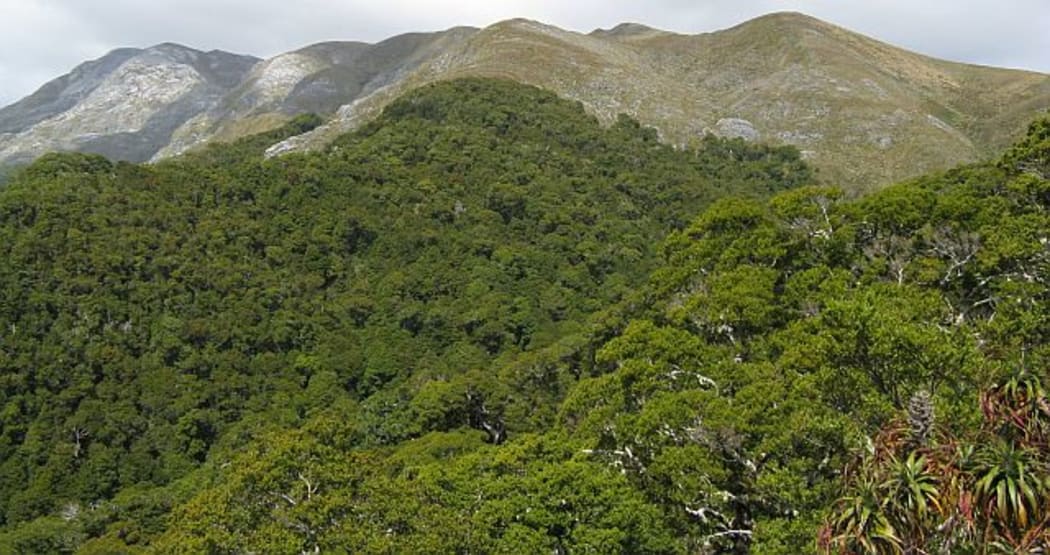Companies granted permission to use Department of Conservation (DoC) land are frequently failing to meet conditions imposed upon them.

National parks are in increasing demand Photo: RNZ / Alison Ballance
A study released to RNZ News found only two thirds of businesses fulfilled promises to pay money or carry out weed and pest control, in the cases the researcher looked at.
New Zealand's national parks and reserves are home to rare and endangered flora and fauna but there is also increasing requests from companies, including film makers, miners, tourism operators and those putting up cellphone towers, to use the land.
Lincoln University researcher Laurien Heijs, who has just completed a masters thesis looking at DoC concessions said there were 4134 of them active across the DoC estate.
"There is increasing commercial pressure on public conservation land and thus Doc officers have often felt obliged to issue concessions regardless," said Ms Heijs.
"It's a way of balancing conservation and development imperatives so I guess they felt pressured to grant them because of the pressure of commercial interests."
Ms Heijs said only 15 percent of the concessions she looked at required compensation by land users but these did not appear to be effectively monitored.
She said that may be due to high staff turnover at DoC.
"Because a lot of the information just wasn't available in their records, I relied a lot on talking to DoC staff and through staff turnover, sometimes there just wasn't anyone to ask. Compliance monitoring is definitely given quite low priority."
Ms Heijs' research describes the implementation, monitoring and enforcement of compensation measures as ad hoc, something the Environmental Defence Society's Marie Brown said could be down to a number of factors.
"There will be concessions operating in quite remote areas that may have very little accessibility for staff, whereas there will be others operating far closer and therefore [they are] far more likely to receive regulator oversight.
"And then of course it will differ between individuals as well; individual officers will take more interest in some cases than others."

Marie Brown, the Senior Policy Analyst for the Environmental Defence Society of New Zealand Photo: Marie Brown
Ms Brown, who found a similar level of compliance when she researched compensation measures required by councils under the Resource Management Act, said this approach to looking after the environment can still work.
"We do need to get better at securing those gains. There's a whole range of ways we can address the slippage in the process but we might also think about doing landscape scale conservation programmes, instead of a little bit here and a little bit there."
Conservation Minister Maggie Barry said it was an operational matter and declined to comment.
A DoC spokesperson said they had not had time to read Ms Heijs' thesis and did not wish to comment at this stage.

